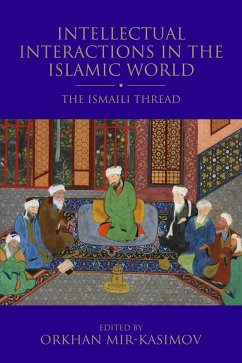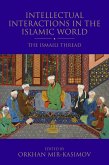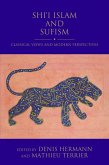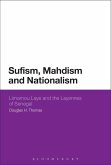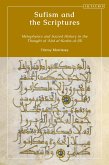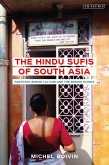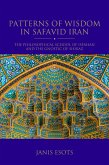I.B. Tauris in association with the Institute of Ismaili Studies
How has the Ismaili branch of Shi'i Islam interacted with other Islamic communities throughout history? The groups and movements that make up Islamic civilisation are diverse and varied yet, while scholarship has analysed many branches of Islam in isolation, the exchanges and mutual influences between them has not been sufficiently recognised. This book traces the interactions between Ismaili intellectual thought and the philosophies of other Islamic groups to shed light on the complex and interwoven nature of Islamic civilisation.
Based on a broad range of primary sources from the early medieval to the late nineteenth century, the book brings together different disciplines within Islamic Studies to cover polemical and doctrinal literature, law, mysticism, rituals and philosophy. The main Ismaili groups, such as the Fatimids, Nizaris and Tayyibis, are represented, as well as lesser known traditions such as that associated with the mountain region of Badakhshan in Central Asia. Religious syncretism, particularly in the Indian subcontinent and in Yemen, is considered alongside cultural interactions as reflected in the circulation of books in Fatimid markets, and various literary and mythical traditions, some still little explored. The chapters include contributions from leading experts in the field shed new light on the close and complex relationships very different Islamic groups and movements have enjoyed throughout the centuries.
How has the Ismaili branch of Shi'i Islam interacted with other Islamic communities throughout history? The groups and movements that make up Islamic civilisation are diverse and varied yet, while scholarship has analysed many branches of Islam in isolation, the exchanges and mutual influences between them has not been sufficiently recognised. This book traces the interactions between Ismaili intellectual thought and the philosophies of other Islamic groups to shed light on the complex and interwoven nature of Islamic civilisation.
Based on a broad range of primary sources from the early medieval to the late nineteenth century, the book brings together different disciplines within Islamic Studies to cover polemical and doctrinal literature, law, mysticism, rituals and philosophy. The main Ismaili groups, such as the Fatimids, Nizaris and Tayyibis, are represented, as well as lesser known traditions such as that associated with the mountain region of Badakhshan in Central Asia. Religious syncretism, particularly in the Indian subcontinent and in Yemen, is considered alongside cultural interactions as reflected in the circulation of books in Fatimid markets, and various literary and mythical traditions, some still little explored. The chapters include contributions from leading experts in the field shed new light on the close and complex relationships very different Islamic groups and movements have enjoyed throughout the centuries.

